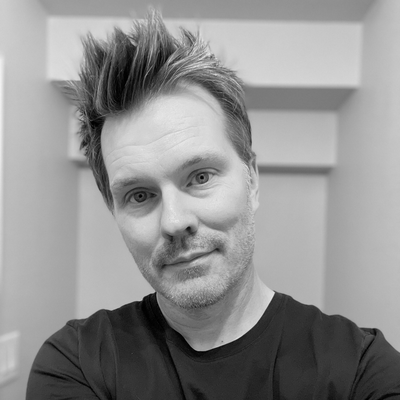Making Sense of HP's Mobile Mess
11:45 AM Walking away from the hottest personal computing trend in 20 years makes it hard not to watch what HP might do next

11:45 AM -- For a few months there, HP Inc. (NYSE: HPQ) grew fond of saying that it really is never too late to enter a market, provided you can bring some product or experience that no one has seen before. I wonder now if even they believed what they were saying.
It's a shame HP is backing away from tablets because I think tablets are the future of personal and mobile computing. Every cloud-based trend you can find supports the continued market saturation of these lighter, connected, mobile devices with crisp displays. If only HP would hang in there and have any success at all, it could help erase the baggage of at least two household names that became roadkill in the mobile phone market. (See HP Shuts Down WebOS Device Biz and HP: Tablet Effect Is Real.)
HP's Mobile Messes
First, take Palm Inc. , which HP bought last year. In the U.S., Pyramid Research figures indicate that 21 percent of the smartphones sold in 2006 were made by Palm. At the end of 2009 that figure had fallen to 3 percent. You have to really get up early every day to lose that much market share that quickly.
Let's look at another mobile device disaster -- HP itself. Looking at HP's enterprise handset business is one of the only ways you can get a look at any activity related to mobility in that sprawling, mysterious company. HP's sales of handsets to enterprises fell by US$273 million from 2008 to 2010. That's not a huge amount to a big firm like HP, but leaving that much cash on the table in a white-hot growth market shows that somewhere along the way HP stopped caring.
Both Palm and HP executives, at one time, knew what it took to build devices that consumers actually wanted. Now it seems the opposite is true and HP is considering becoming an enterprise and communications specialist.
HP: The New Sun?
Remember what Sun Microsystems Inc. felt like right before it was bought? Everyone knew they were Sun. They were a Silicon Valley legend. But I'll be damned if I knew three people anywhere outside the Valley who could tell me how they made money. HP is drifting into that Sun-like state of being best known for having once been good at something. (See Show & Tell: HP's Research Roots.)
And, weirdly, now that HP has become harder than ever to figure out, I've never been more interested.
— Phil Harvey, Editor-in-Chief, Light Reading
About the Author(s)
You May Also Like












